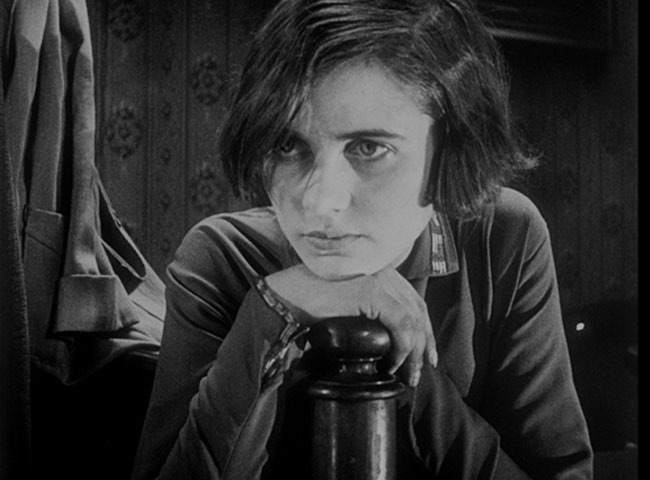De Caligari à Hitler
-
Réalisé par Rüdiger Suchsland • Écrit par Rüdiger Suchsland
-
Allemagne • 2014 • 113 minutes • Couleur et Noir & Blanc
- Réalisation :
Rüdiger Suchsland - Écriture :
Rüdiger Suchsland - Image :
Frank Reimann, Harald Schmuck - Son :
Enrico Leube, Tobias Schinko - Montage :
Katja Dringenberg - Musique originale :
Henrik Albrecht, Michael Hartmann
- Production (structure) :
Looks Films & TV GmbH - Ayant droit :
Looks Films & TV GmbH
- N° ISAN :
non renseigné
Résumé
Résumé anglais The Weimar Republic (from 1918 to 1933), was the freest state on German soil; a wild era characterized by disruption, crisis and cultural brilliance. It was also the most important period in German cinema, a time full of wonders and invention. The aesthetic foundations were laid for the "seventh art"; Weimar’s directors such as Murnau, Lang, Lubitsch, Pabst, Wilder, Sternberg and Ruttmann are still legendary today, their stars and films are unforgotten. Cinema showed German society after World War One in a permanent dance on a volcano, between hedonist lust and a latent fear of destruction. Siegfried Kracauer described this epoch in "From Caligari to Hitler", the bestknown book on German film to date. It tells of shell-shocktrauma, fear, crisis and the desire for a leader in German film - in other words: the way in which cinema presaged the era of fascism, anticipated its terror and the moral and political collapse of a liberal society. What does cinema know that we don’t? Investigating this question, and tracing the diversity and beauty of early filmmaking, the film shows: Weimar Cinema is more than ever an unknown continent still to be discovered. "From Caligari to Hitler" is an entertaining rollercoaster-ride through the most exciting and most prolific period of German Film, straight into the abyss of our collective subconsciousness
The Weimar Republic (from 1918 to 1933), was the freest state on German soil; a wild era characterized by disruption, crisis and cultural brilliance. It was also the most important period in German cinema, a time full of wonders and invention. The aesthetic foundations were laid for the "seventh art"; Weimar’s directors such as Murnau, Lang, Lubitsch, Pabst, Wilder, Sternberg and Ruttmann are still legendary today, their stars and films are unforgotten. Cinema showed German society after World War One in a permanent dance on a volcano, between hedonist lust and a latent fear of destruction. Siegfried Kracauer described this epoch in "From Caligari to Hitler", the bestknown book on German film to date. It tells of shell-shocktrauma, fear, crisis and the desire for a leader in German film - in other words: the way in which cinema presaged the era of fascism, anticipated its terror and the moral and political collapse of a liberal society. What does cinema know that we don’t? Investigating this question, and tracing the diversity and beauty of early filmmaking, the film shows: Weimar Cinema is more than ever an unknown continent still to be discovered. "From Caligari to Hitler" is an entertaining rollercoaster-ride through the most exciting and most prolific period of German Film, straight into the abyss of our collective subconsciousness
Sélections et distinctions
- 2014 • Biennale de Venise • Venise (Italie) • Venice Classics

